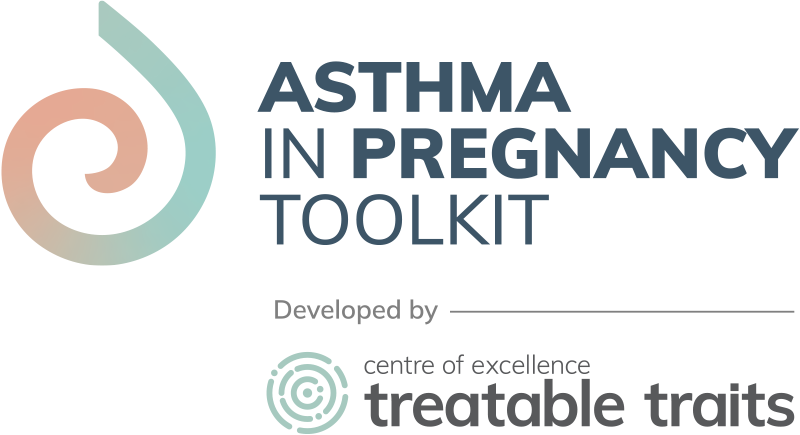Complications following COVID-19 are now well recognised and while they are heterogenous and poorly understood, the World Health Organisation has proposed the following definition be applied:
“Post COVID-19 condition occurs in individuals with a history of probable or confirmed SARS CoV-2 infection, usually 3 months from the onset of COVID-19 with symptoms and that last for at least 2 months and cannot be explained by an alternative diagnosis. Common symptoms include fatigue, shortness of breath, cognitive dysfunction but also others and generally have an impact on everyday functioning” (Crook et al. 2021).
Descriptions of post acute sequelae of COVID-19 (PASC) or “Long COVID-19” have been based on case series and self reported cohorts, making estimates of prevalence challenging (Crook et al. 2021). From a US database of 273,618 COVID-19 survivors, the risk of having at least 1 persistent symptom of PASC was greater in those who had more severe acute disease, in older individuals and in females (Taquet et al. 2021). Pregnancy was not identified as a separate risk factor, younger people and women were more likely to describe symptoms such as headache, depression and anxiety and abdominal symptoms rather than dyspnoea (Taquet et al. 2021). A Chinese study of 1733 people discharged from hospital following COVID-19, similarly related severity of acute COVID-19 with symptoms of fatigue, sleep disturbance, anxiety and depression 6 months after discharge (Huang et al. 2021). While the prevalence of PASC remains unclear, a systematic review of those who have been hospitalised, persistence of symptoms 6 months after the acute event is common (Nasserie et al. 2021).
In those with asthma who had acute COVID-19, a UK cohort of 471 reported an increase in symptoms especially breathlessness and inhaler use and 56% reported having “Long COVID” (Philip et al. 2022). Another small study of 215 individuals suggested both asthma and previous lung disease were risk factors for PASC (Cervia et al. 2022).
Follow-up studies are currently underway to assess the impact of COVID-19 in pregnancy in both the women and children of survivors, but at this stage there is limited information. PASC though is not uncommon and is probably overrepresented in women. In those with asthma, worsened symptoms, especially of breathlessness is also commonly seen.
